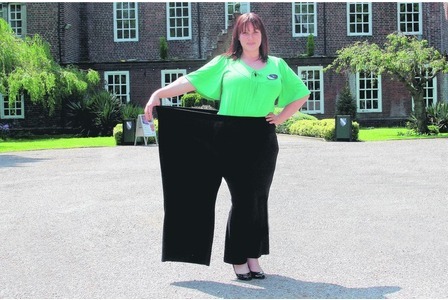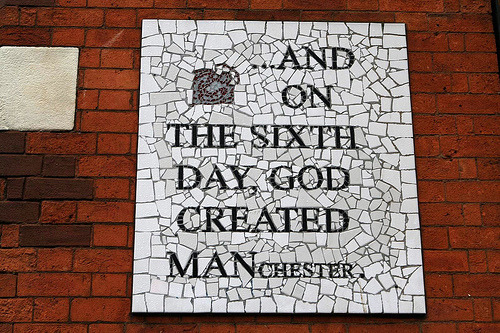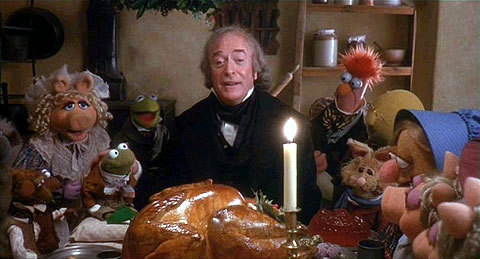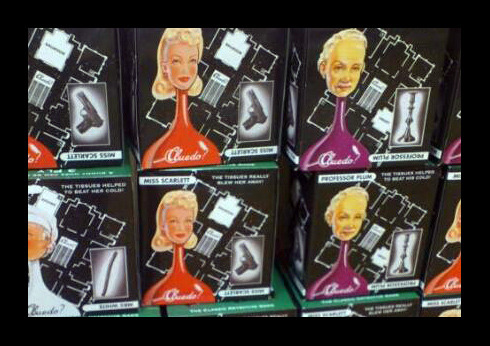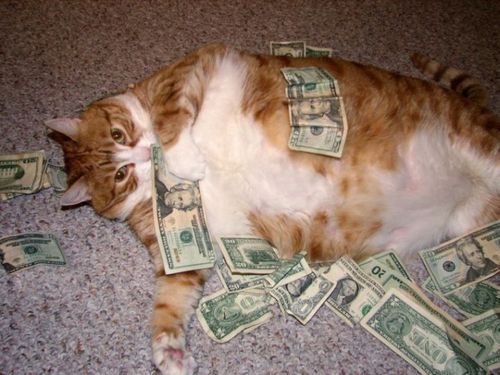
Are you troubled by debts, mortgage repayments, or other loans? Do you struggle to make ends meet? Are you tempted by those adverts on television offering short-term loans at rates of interest that would make a Serbian gangster blush?
If you are, then you are far from alone. People everywhere are also feeling the pinch as the worldwide financial crisis lumbers on, sucking with it the hopes and dreams of tens of millions of human beings, right down the toilet. The blame for this mess has been laid firmly at the door of the banking community (and, to a lesser extent, those who draw their curtains during the daytime). For years bankers the world over had been selling imaginary money to each other and pocketing the very real profits. When the bubble eventually and spectacularly burst, it was with such ferocity that the children’s children of ordinary folk like you will still be paying for it when they are old and grey.
No, I don’t really understand how it works, either, but it’s bad. Real bad. Anyway. None of this huge mess would have been possible without the city of Birmingham, for it was here, in 1775, that Richard Ketley founded the world’s first Building Society.
Both the Lloyds and Midland (now HSBC) Banks were also formed here shortly afterwards. From its humble beginnings in the taverns and coffeehouses around the Snow Hill district of central Birmingham, Banking quickly became a very popular thing indeed, spreading globally within a matter of years, and eventually leading to the arsing financial meltdown were are all enjoying today.
We’re all in this together, bab.

